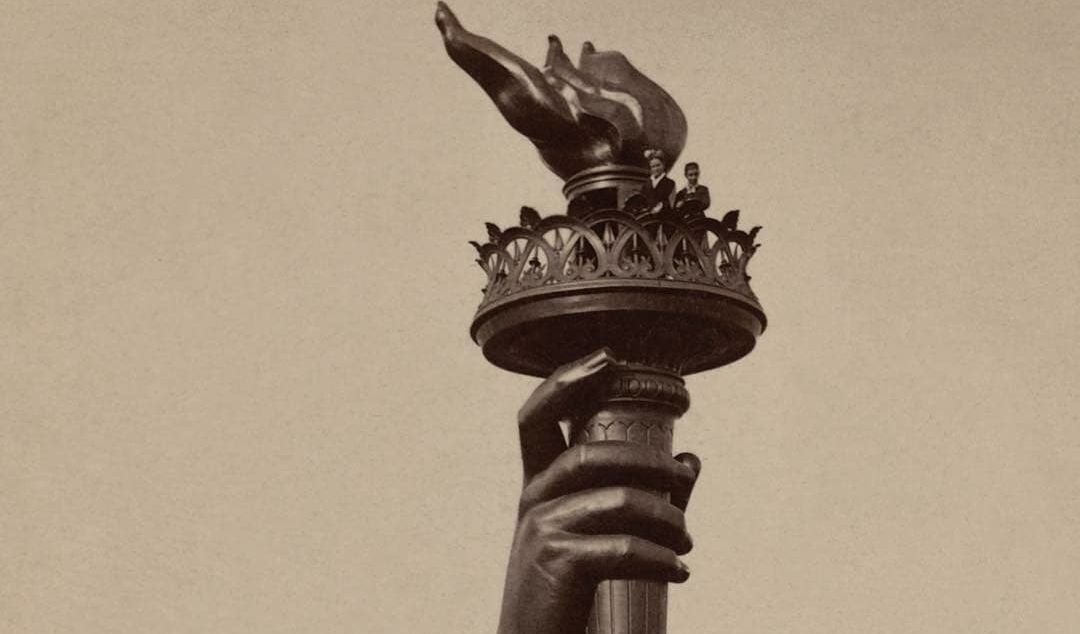In light of the U.S having its first President without political experience since Herbert Hoover (and we all know how swimmingly his presidency went), it is critical that we the people, now more than ever, assume the responsibilities enshrined for us in historical documents many can quote, but few can understand.
Furthermore, our leaders can undoubtedly recite the unalienable rights given to us in the Declaration of Independence, but they are doing little to defend them for their constituents. As such, many Americans are sick of the empty words and rhetoric that has filled American politics in the last months, turning politics into a pastime for the power-hungry rather than a pillar of society it was once regarded as.
In a time such as this, with our uncertain future, many Americans are afraid of how disregarded the truth and how delicate their security has become, and they have great reason to be; if we do not know our rights, how will we protect them? If we do not know fact, how can we tell fiction? This is where history class comes in, providing the current administration a way forward, and the rising generation an opportunity for change.
If history constantly repeats itself, then what is a history textbook if not a guide to what's ahead? History tends to get a bad rep, the complexities of it being dismissed as impractical, and yet, history has in fact shaped the world around us, perhaps more so than any other subject.
If scientists could not reference past work throughout history, how could they create new work? If mathematicians couldn't study older formulas throughout history, how could they develop newer ones?
The same goes for our government. History is a subject that breathes with unbridled energy, and if we are willing to put the effort into understanding it and connecting it to today, that energy might contribute towards a greater tomorrow. It also has a remarkable track record for igniting greatness, providing guidance to countless revolutionaries and political leaders.
Studying and applying history can also help prevent mistakes from the past happening in the future; this same logic regarding economics was applied for the establishment of the Council of Economic Advisers after post-WWII inflation, and could provide incentive to create a council of historical advisors to the president (or at least add weight to our country's treatment of its history) to combat current policy issues
As a history student, one spends hours connecting concepts and time periods in order to apply them to present situations, making studying history an exercise in problem-solving and allows regular citizens to be more informed regarding the current trends in government. In fact, in other subjects like the aforementioned economics, predicting trends can help people make an unbelievable amount of money, but in history, predicting trends can help save an unbelievable amount of lives.
In summation, history class makes one so inherently grateful that we live in this beautiful country, yet it makes one long for the beauty that could be. If we treat the nation's past with more concern, perhaps we won't be so concerned about the future.






















